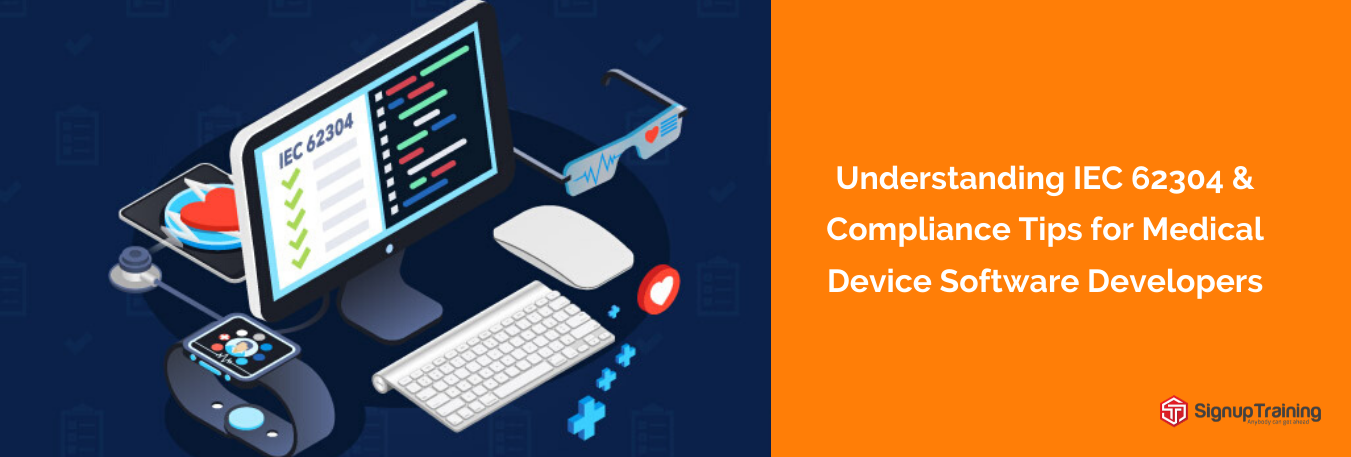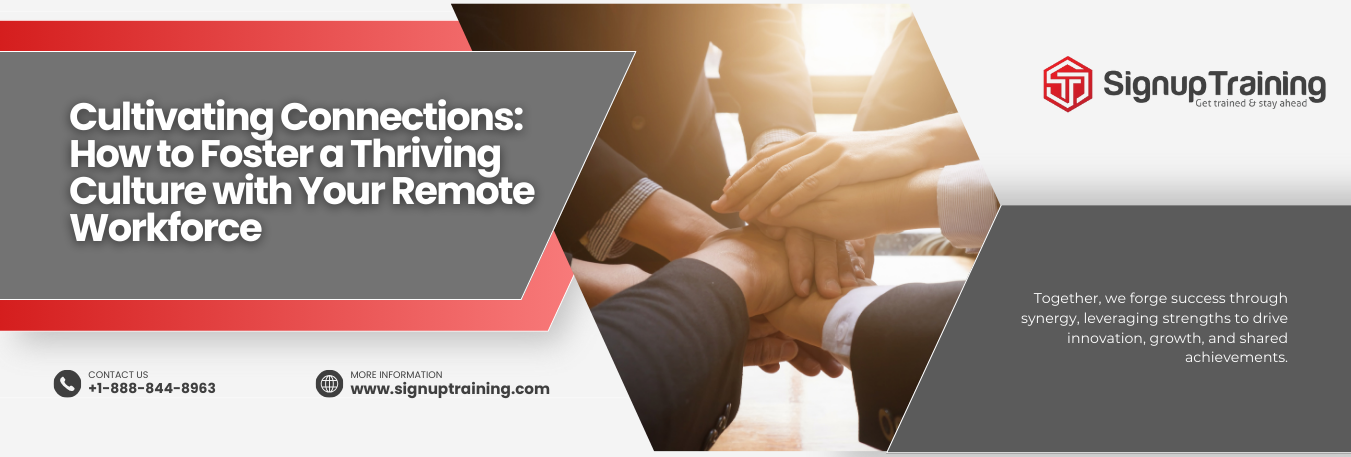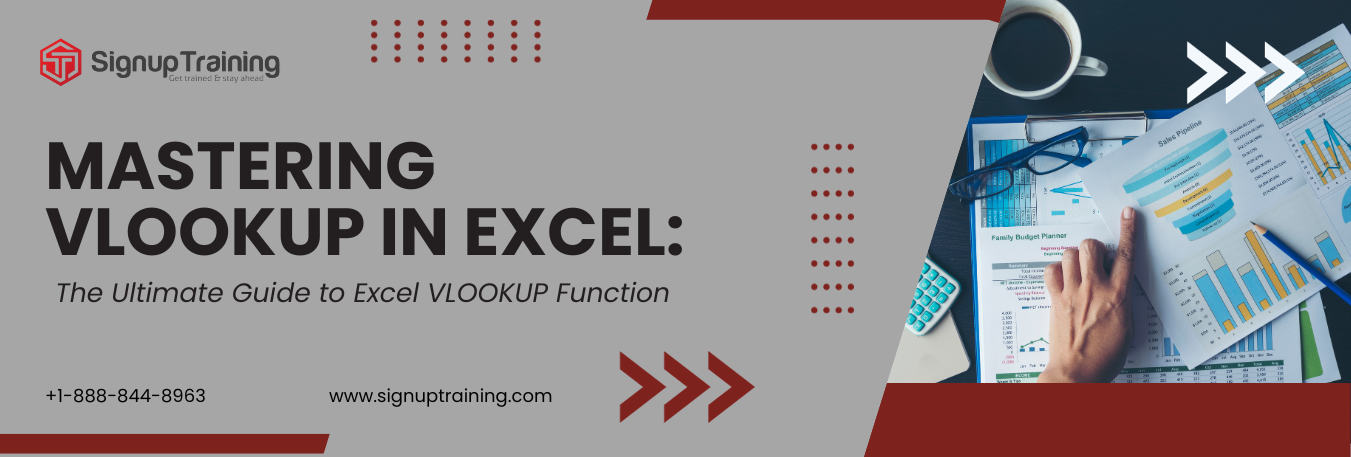How to Land Your Dream Job in Accounting: Top Tips and Career Options

Are you passionate about numbers and business? Do you love the idea of blending mathematics with real-world applications? If so, a career in accounting may be the perfect fit for you. Accountants play a crucial role in the financial health of organizations, and their expertise is in high demand across various industries.
In this article, we will explore the top accounting jobs and provide valuable tips on how to secure these coveted positions. Whether you're a fresh graduate or looking to switch careers, this comprehensive guide will help you navigate the world of accounting and set you on the path to success.
The World of Accounting: A Lucrative Career Choice
Accounting is much more than just crunching numbers. It requires a deep understanding of financial concepts, attention to detail, and the ability to analyze and interpret complex data. The diverse nature of accounting roles makes it an exciting and rewarding field to work in. Not only do accountants enjoy competitive salaries, but they also have excellent growth prospects. So, without further ado, let's dive into the top accounting jobs that can kickstart your career.
1. Financial Analyst: Unleash Your Analytical Skills
Financial analysts are an integral part of every industry today. Their primary responsibility is to handle the end-to-end finances of an organization. In addition to this, financial analysts perform various other critical roles, including preparing financial reports, identifying financial trends, providing recommendations based on these trends, and analyzing financial results. With an average salary of around $72,000 per annum, financial analysts enjoy a lucrative career path.
2. Accounts Payable/Receivable Specialist: Master the Art of Financial Management
Accounts payable/receivable specialists are essential for maintaining the financial health of a company. These professionals possess several years of bookkeeping experience and are responsible for ensuring accurate and timely payment processing. Their key responsibilities include managing invoices, performing periodic reconciliation, updating records of company expenditures, and ensuring payments are received from contractors or clients. The average salary for accounts payable/receivable specialists ranges from $36,000 to $49,000.
3. Cost Accountant: Drive Cost-Effective Production
Cost accountants play a crucial role in measuring the cost of products or services provided by a company. With a bachelor's degree in accounting or a related field, you can pursue a career as a cost accountant. Your responsibilities will include researching the cost of production, preparing reports, and developing strategies for cost-effective production. The average salary for a cost accountant can be around $54,000.
4. Assistant Controller: Support Accounting Management
As an assistant controller, your primary responsibility will be to assist with various accounting management activities. To become an assistant controller, you will need at least a bachelor's degree in accounting or finance. Some of your priorities in this role will include managing budgets and other financial reports, making financial recommendations to the organization, and leading a team of accounting staff. The average salary for an assistant controller is around $71,160.
5. Compliance Manager: Ensure Legal Compliance
Compliance managers play a critical role in ensuring that a company adheres to all legal regulations. To become a compliance manager, a bachelor's degree in accounting, finance, or a related field is typically required. Having an MBA degree can be a significant advantage when pursuing this job. As a compliance manager, your responsibilities will include developing compliance programs and practices, maintaining compliance reports, and leading the compliance team. The average salary for a compliance manager can be around $65,000.
Now that we've explored some of the top accounting jobs, let's delve into the strategies for landing these exciting opportunities.
How to Secure Accounting Jobs: Top Tips and Strategies
1. Conduct In-Depth Research
Before embarking on your job search, take the time to research different accounting roles. This will help you gain a clear understanding of the job market and identify the industry, sector, and job profiles that align with your interests and goals. Additionally, researching accountant job descriptions will provide valuable insights into the specific skills and qualifications required for each role. Freelance accounting jobs and work-from-home opportunities are also worth considering, as they offer flexibility and autonomy.
2. Evaluate the Qualification Requirements
Each accounting job has its own set of qualification requirements. Determine the educational qualifications needed to enter the finance domain and ensure that your profile meets or exceeds these requirements. For entry-level accounting jobs, a bachelor's degree in accounting or a related field is typically sufficient. Pursuing a master's degree in accounting can open up advanced job titles and enhance your career prospects. Keep in mind that certain job profiles, such as bookkeeping, may have less stringent qualifications. Part-time accounting jobs and online accounting jobs can provide additional flexibility and opportunities for professional growth. Such jobs require skill certification and can be obtained by completing an Accounting 101 Training course.
3. Polish Your Resume
Your resume serves as a crucial introduction to potential employers. Make it stand out by highlighting your talents, skills, and expertise in the accounting sector. Emphasize your proficiency in mathematics and analytical skills, as well as your experience with relevant tools and software such as Microsoft Outlook and Excel. Include your educational qualifications, certificates, licenses, and any accounting courses you have completed. Showcase both your soft skills, such as communication and problem-solving, and hard skills necessary for the job. Stay up to date with current technologies and demonstrate your proficiency in using them.
4. Gain Practical Experience through Internships
Internships provide valuable hands-on experience and can significantly enhance your profile. Look for internship opportunities that align with your career goals and allow you to gain practical knowledge in accounting. Internships are particularly beneficial for fresh graduates who may lack prior experience. They provide a stepping stone to entry-level positions that often require some level of experience. Networking events, job placements, workshops, online job portals, and recruitment agencies are excellent resources for finding internships. Keep a close eye on accountant job vacancies and seize the right opportunities at the right time.
5. Build a Strong Network
Networking is essential in the job search process. Cultivate relationships with professionals in the accounting field by attending conferences, networking events, and workshops. Consistent communication with prospects increases your chances of securing job opportunities. Leverage recommendations from established professionals in the field, as their endorsement can carry significant weight. Building a strong network can lead to word-of-mouth referrals and potentially land you your dream job. Stay engaged and proactive in cultivating relationships within the accounting community.
6. Harness the Power of the Internet
The digital age has revolutionized job searching. Leverage the power of digital tools, social media platforms, and online communities to connect with potential employers. Job portals and social media groups are excellent resources for finding accounting job openings and networking with industry professionals. Online forums and communities can provide valuable insights, share vacancies, and keep you updated on current trends and best practices. Take advantage of online resources such as eBooks, podcasts, and courses to enhance your knowledge and improve your chances of securing top accounting jobs.
7. Seek Assistance from Recruitment Agencies
Recruitment agencies can be valuable partners in your job search journey. They can help you connect with potential employers and provide guidance on polishing your resume, enhancing your interviewing skills, and building a strong profile. Recruitment agencies possess deep industry knowledge and can help you identify and fill any gaps in your qualifications and experience. Their expertise and connections can significantly increase your chances of success in the application and interview process.
Final Thoughts: Your Accounting Career Awaits
With numerous accounting job opportunities available across NGOs, government and private organizations, established corporations, and small businesses, there is no shortage of options to kickstart your accounting career. The increasing complexity of tax laws and regulations ensures a steady demand for accountants in various industries. If you're unsure about which path to pursue, consider taking up part-time accounting jobs to gain experience and clarity.
Trending now

Why do medical devices need FDA approval?
Blog
Top 10 HR Compliance Challenges in USA
Blog
Medical Device Regulations in the USA
Blog
Understanding IEC 62304 & Compliance Tips for Medical Device Software Developers
Blog
What is HIPAA (The Health Insurance Portability and Accountability Act) ?
BlogFDA Steps to Ensure Quality of Foreign Products
Blog
6 Skills that Make for a Great Human Resources Manager
Blog
Why do we have OSHA Regulations?
Blog21 CFR part 11 compliance - key factors that every FDA regulated business should know
BlogWhy is 21 CFR Part 11 Compliance Important?
BlogWhat are the Key Factors (Essentials) for 21 CFR Part 11 Compliance?
BlogFDA Regulated Firms Must Ensure Part 11 Compliance to Generate Accurate and Usable Data
Blog
Know how to Survive an OSHA Audit
Blog
Top 5 Job Opportunities in Biotechnology
Blog
5 Key functions of HR Management
Blog
Cybersecurity Threats Upcoming in 2023
Blog
Why Should You Learn About OSHA's Guidance on Substance Abuse Testing?
Blog
Importance of SOPs in the Pharmaceutical Industry
Blog
Non-Compliance on 1099 Filing: Consequences and Best Practices
Blog
Artificial Intelligence (AI) in Healthcare: A Boon or Bane?
Blog.jpg)
How to Ensure Compliance with the I-9 Form: A Guide for Human Resources
Blog
Effective OSHA Audit Observations and Best Practices
Blog
How to Land Your Dream Job in Accounting: Top Tips and Career Options
Blog
Cultivating Connections: How to Foster a Thriving Culture with Your Remote Workforce
Blog
The Transformative Power of Artificial Intelligence in Biotechnology
Blog.png)
6 Steps to Building an Effective Hazard Communication Program (EHS)
Blog